Search
Did you mean: Empire?
Search Results
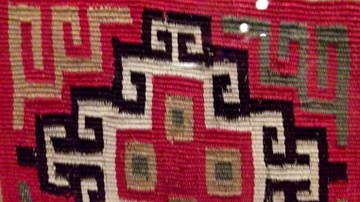
Article
Inca Textiles
For the Incas finely worked and highly decorative textiles came to symbolize both wealth and status, fine cloth could be used as both a tax and currency, and the very best textiles became amongst the most prized of all possessions, even more...
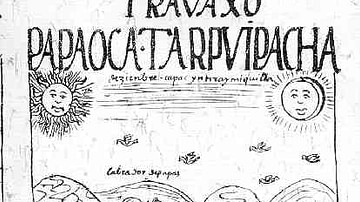
Article
Daily Life in the Inca Empire
Daily life in the Inca empire was characterised by strong family relationships, agricultural labour, sometimes enforced state or military service for males, and occasional lighter moments of festivities to celebrate important life events...
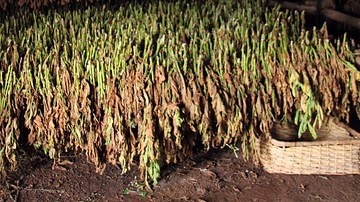
Article
A Brief History of Tobacco in the Americas
The history of tobacco use in the Americas goes back over 1,000 years when natives of the region chewed or smoked the leaves of the plant now known as Nicotiana rustica (primarily in the north) and Nicotiana tabacum (mostly in the south...
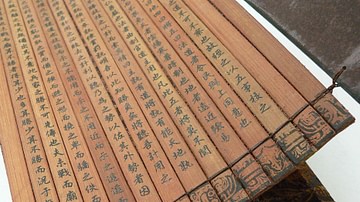
Article
Sources of History
History (from the Greek ἱστορία, meaning 'a learning or knowing by inquiry') can be broadly taken to indicate the past in general but is usually defined as the study of the past from the point at which there were written sources onwards...
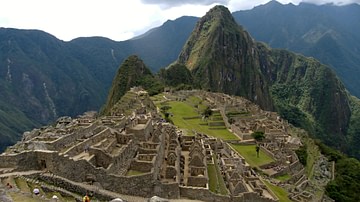
Article
Ten Facts You Need to Know about the Inca
The Inca civilization (c. 1400-1533 CE) is among the most vital of South America in terms of its cultural influence and legacy. The Inca began as a small tribe who steadily grew in power to conquer other peoples all down the coast from Columbia...

Article
Inca Mummies
The Inca civilization of Peru, as with many other ancient Andean cultures, mummified many of their dead and buried them with valuable materials such as precious metal jewellery, fine pottery, and sumptuous textiles. Important mummies could...

Article
Herodotus on the Egyptians
II:35. The Egyptians in agreement with their climate, which is unlike any other, and with the river, which shows a nature different from all other rivers, established for themselves manners and customs in a way opposite to other men in almost...

Article
Life on a Colonial Sugar Plantation
Raising sugar cane could be a very profitable business, but producing refined sugar was a highly labour-intensive process. For this reason, European colonial settlers in Africa and the Americas used slaves on their plantations, almost all...
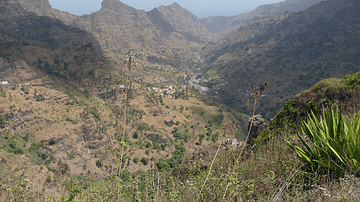
Article
The Portuguese Colonization of Cape Verde
The Portuguese colonization of the Cape Verde (Cabo Verde) Islands began from 1462. Initially envisaged as a base to give mariners direct access to West African trade, the Central Atlantic islands soon became a major hub of the Atlantic slave...
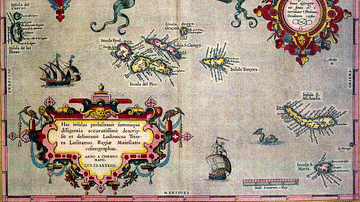
Article
The Portuguese Colonization of the Azores
The Azores (Açores) are a North Atlantic island group, which was uninhabited before being colonized by the Portuguese from 1439. The Azores were strategically important for Portuguese mariners to use as a stepping stone to progress down the...